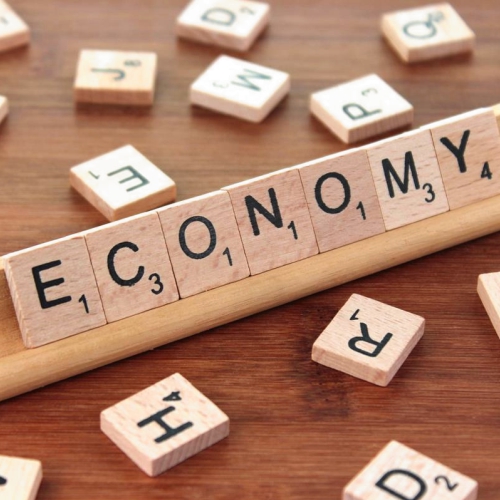Washington DC [US], July 20 (ANI): The International Monetary Fund (IMF) has warned that Russia’s invasion of Ukraine has further darkened the global growth outlook, with the European economy facing a serious setback given its trade, investment, and financial links with the warring countries.
In a blog post published on Tuesday, IMF officials Mark Flanagan, Alfred Kammer, Andrea Pescatori and Martin Stuermer stated that Europe is enduring a partial cutoff of natural gas exports from Russia, its largest energy supplier.
They said the prospect of an unprecedented total shutoff is fueling concern about gas shortages, still higher prices, and economic impacts. “While policymakers are moving swiftly, they lack a blueprint to manage and minimize impact.”
Amid the Russia-Ukraine conflict and subsequent effects of war, the high-level IMF officials gauged impacts in two ways.
“One is an integrated-market approach that assumes gas can get where it is needed, and prices adjust. Another is a fragmented-market approach that is best used when the gas cannot go where needed no matter how much prices rise. However, estimation is complicated by the fact that the hit to the European economy is already happening,” they wrote.
“When we consider a full Russian gas shutoff from mid-July, we focus on the impact relative to a baseline of no supply disruption this year. This simplifies the estimation and makes it comparable with other economic research,” they added.
If physical constraints impede gas flows, the fragmented market approach suggests that the negative impact on economic output would be especially significant, as much as 6 per cent for some countries in Central and Eastern Europe where the intensity of Russian gas use is high and alternative supplies are scarce, notably Hungary, the Slovak Republic and the Czech Republic. Italy would also face significant impacts due to its high reliance on gas in electricity production.
The effects on Austria and Germany would be less severe but still significant, depending on the availability of alternative sources and the ability to lower household gas consumption. Economic impacts would be moderate, possibly under 1 per cent, for other countries with sufficient access to international LNG markets.
Addressing challenges
The IMF research shows that the economic fallout from a Russian gas shutoff can be partially mitigated. Beyond measures already taken, further action should focus on risk mitigation and crisis preparedness.
“Governments must boost efforts to secure supplies from global LNG markets and alternative sources, continue to alleviate infrastructure bottlenecks to import and distribute gas, plan to share supplies in an emergency across the EU, act decisively to encourage energy savings while protecting vulnerable households, and prepare smart gas rationing programs,” the IMF officials said.
They added that this is a moment for Europe to build upon the decisive action and solidarity displayed during the pandemic to address the challenging moment it faces today. (ANI)












